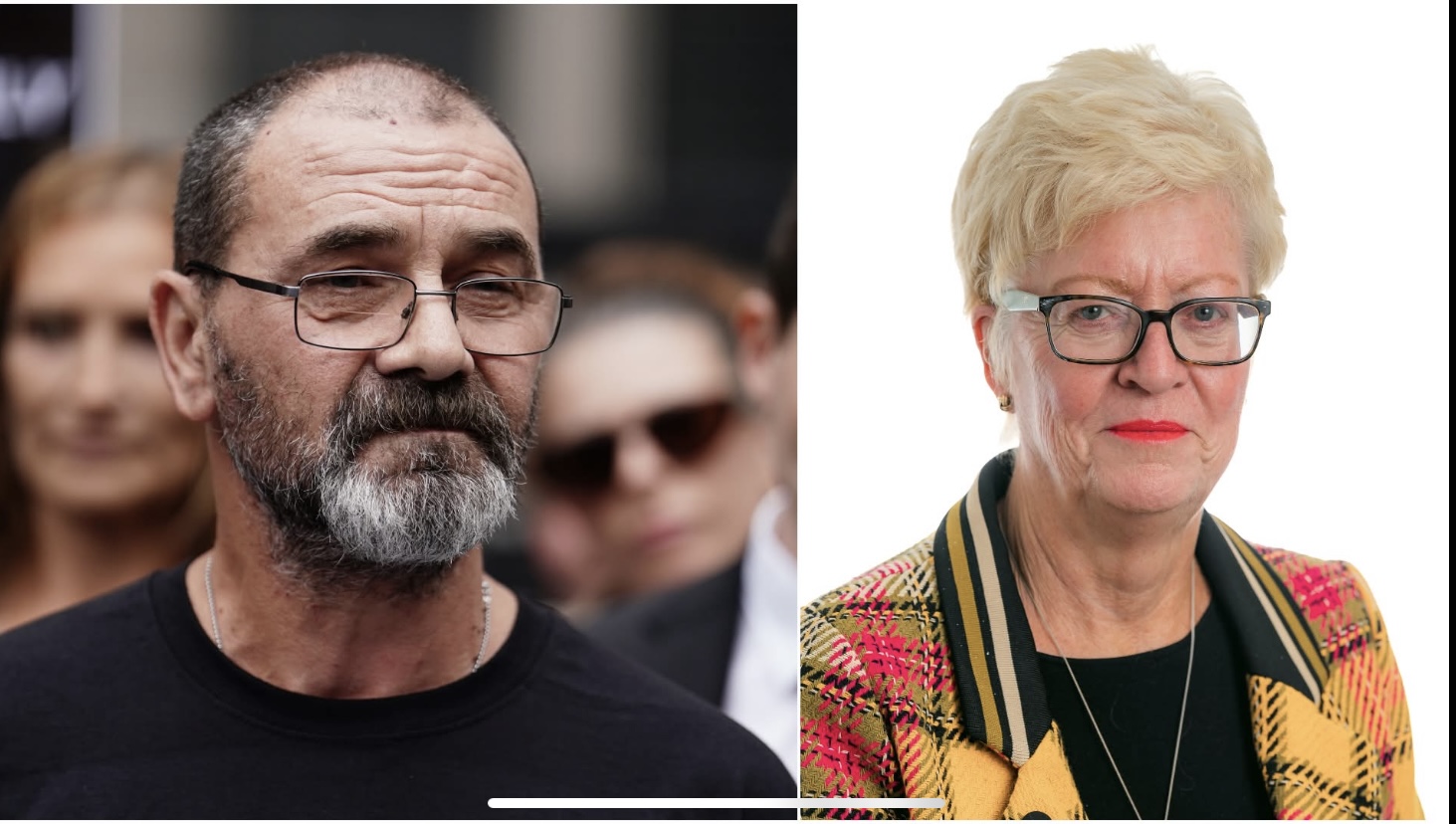A man who spent 17 years behind bars for a crime he didn’t commit has condemned the government’s newly announced increase in compensation for victims of wrongful convictions, calling it “insulting.”
The Ministry of Justice recently revealed that the maximum compensation amounts under the miscarriage of justice scheme will rise by 30%—the first change to the scheme since it was established in 2008. Under the updated rules, individuals wrongfully imprisoned for more than a decade will now be eligible for up to £1.3 million, an increase from the previous cap of £1 million. For those jailed for under 10 years, the maximum payout will go from £500,000 to £650,000.
However, Andrew Malkinson—who served 17 years in prison after being wrongfully convicted of raping a woman in Salford in 2004—criticized the increase as inadequate. His conviction was overturned after DNA evidence emerged proving his innocence.
Malkinson, who has been working with the legal charity Appeal to push for reform of the compensation system, said:
“While this is technically an improvement, the below-inflation rise is deeply disrespectful. The state took nearly two decades of my life, along with my health and well-being. Yet, they continue to arbitrarily limit what I’m owed in an effort to rebuild my life.”
He added that he remains committed to fighting for the removal of the cap entirely and for broader reforms to ensure all wrongfully convicted individuals can access fair compensation.
In an earlier interview with the Manchester Evening News, Malkinson expressed relief that such a compensation system exists but stressed that it is in desperate need of reform:
“The process is far too slow, and it excludes many people who’ve had their convictions overturned. Compensation should reflect the severity of the injustice, not be capped in a way that punishes those who suffered the most.”
He also emphasized that an interim payout he has received does not absolve authorities like Greater Manchester Police, whom he holds responsible for his ordeal:
“They destroyed my life. I remain fully committed to holding them accountable.”
The government says the compensation scheme is designed to help people rebuild their lives following wrongful convictions. Individuals can also pursue legal claims against public bodies separately.
The same 30% increase will apply to those affected by miscarriages of justice within the armed forces.
Toby Wilton, a solicitor from Hickman & Rose representing Malkinson, welcomed the increase but argued it falls far short of what is fair:
“This capped system is outdated and unjust. Before 2008, there was no cap, and victims were compensated in line with court awards. Today’s £1.3 million figure, when adjusted for inflation, still falls significantly below what would be considered just—closer to £2 million by RPI measures or £1.65 million by CPI.”
He called on the government to abolish the cap entirely and return to a more equitable system that reflects the true impact of such life-altering injustices.
Lord Chancellor Shabana Mahmood defended the policy update, saying:
“Fairness is the foundation of our justice system. When the system fails, we must ensure victims can recover and move forward. This increase is part of that commitment.”



